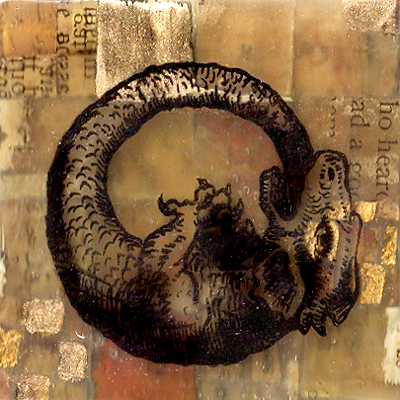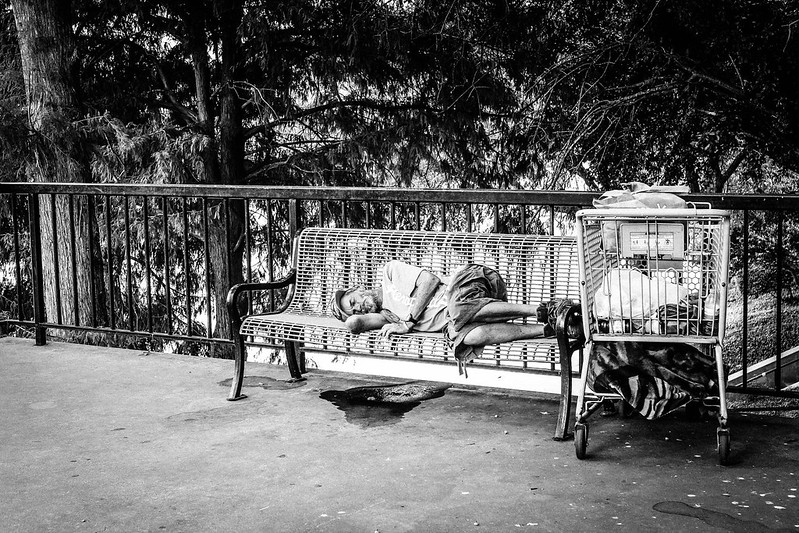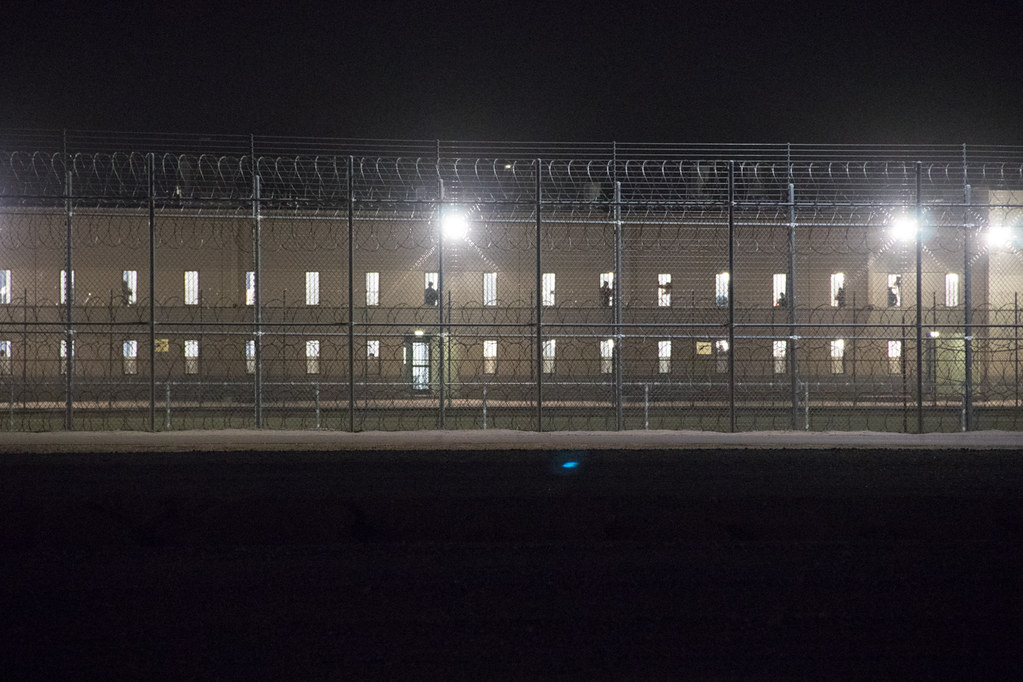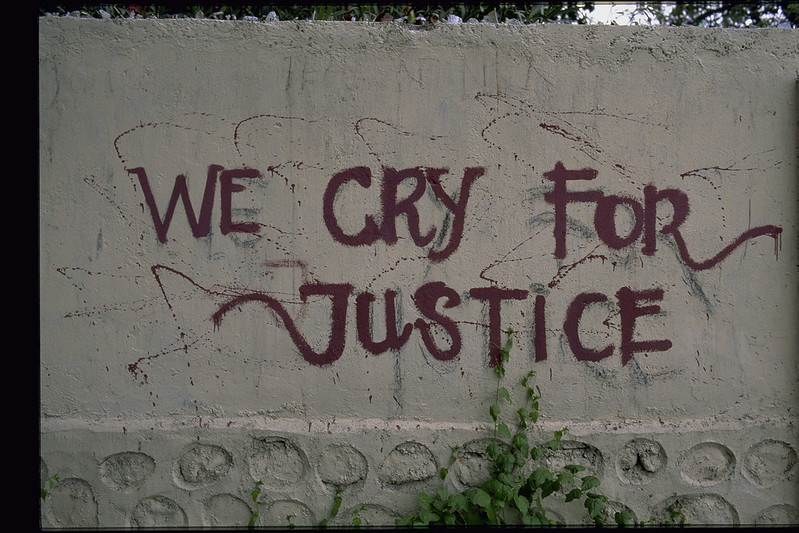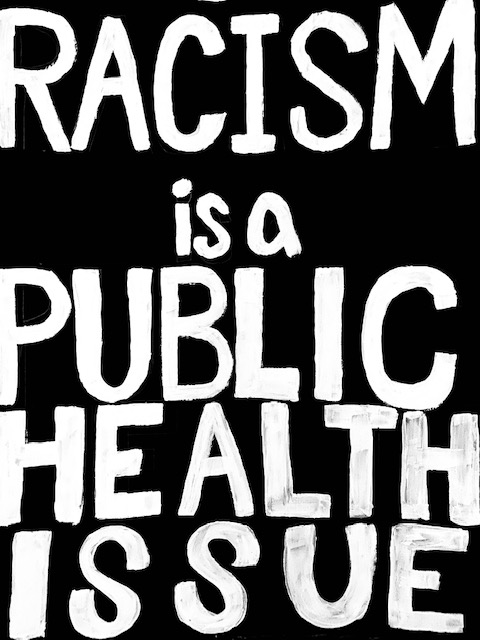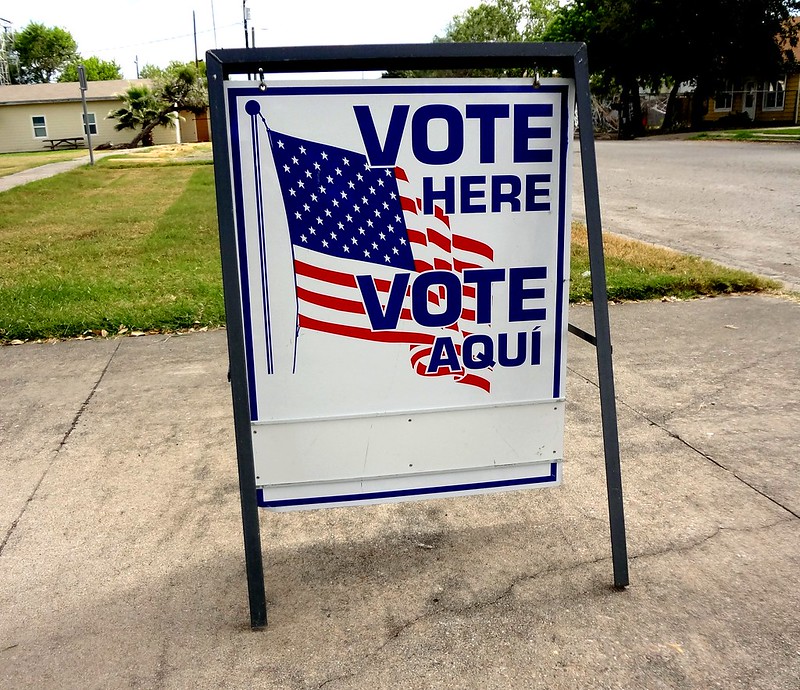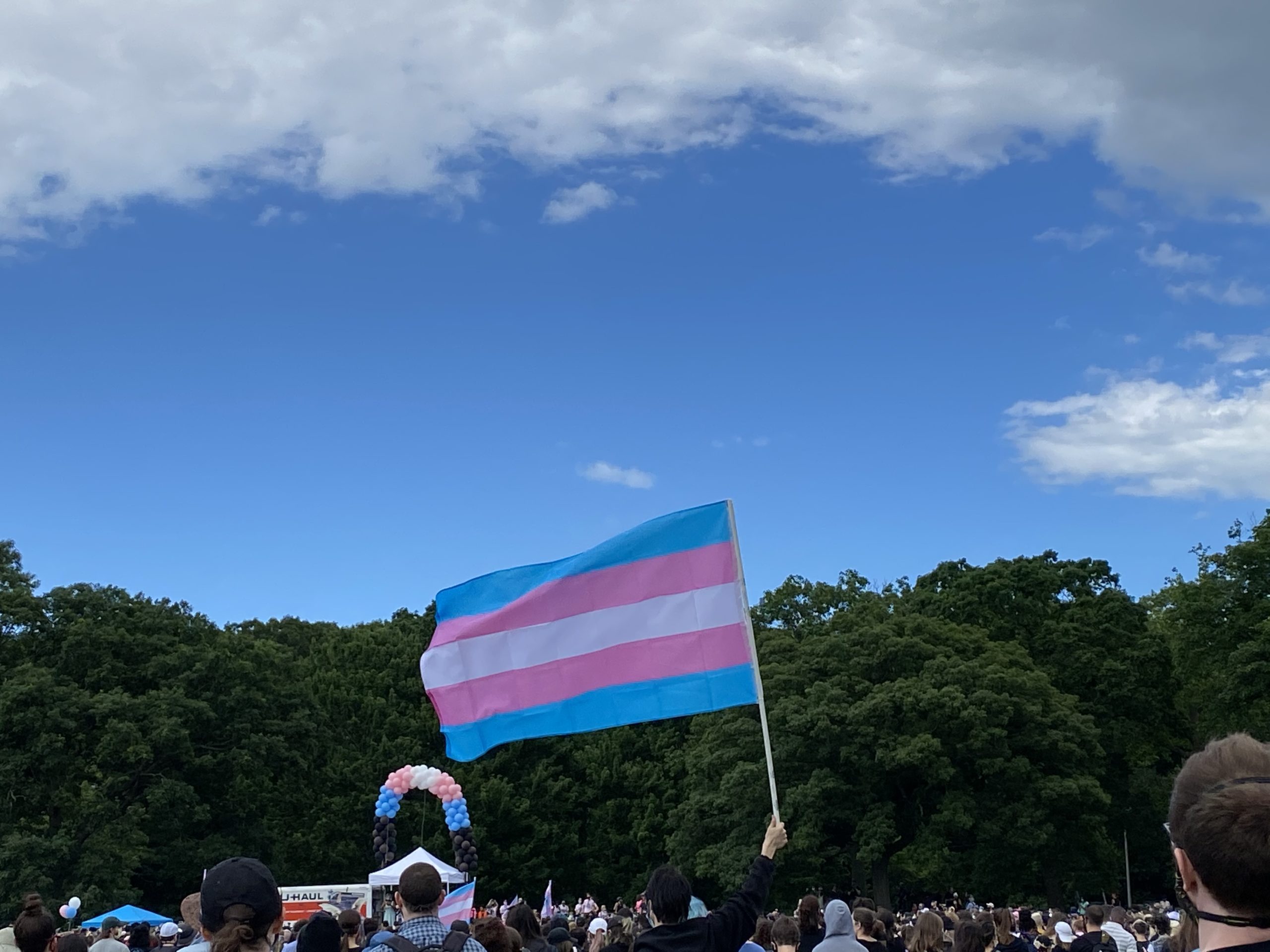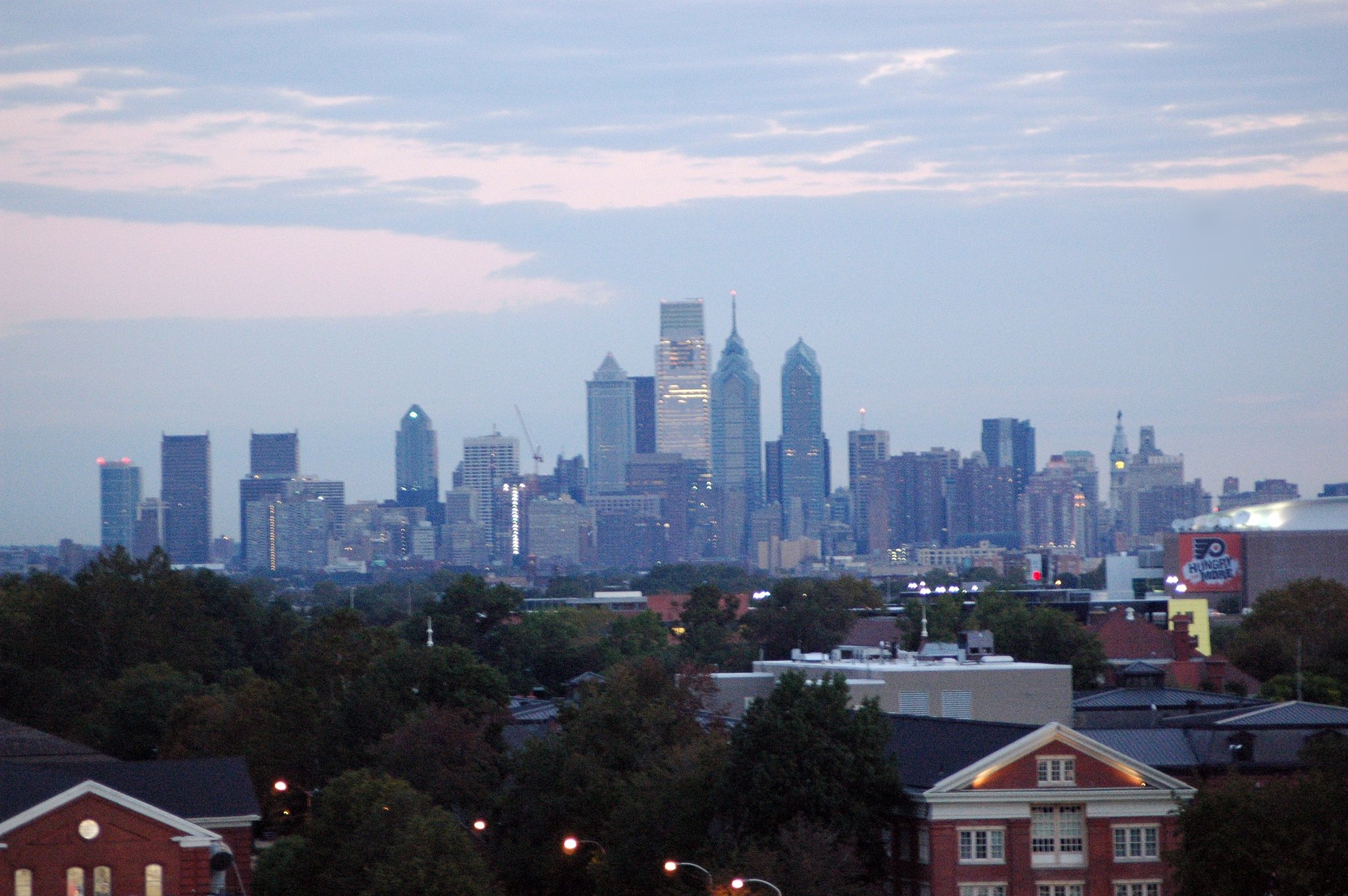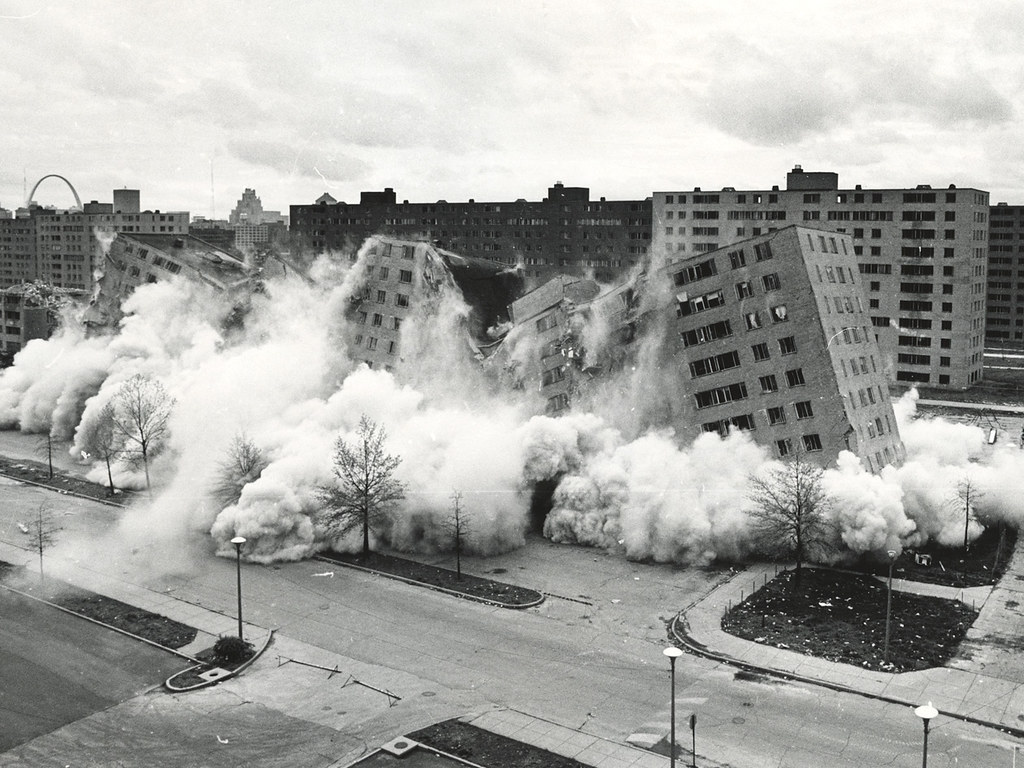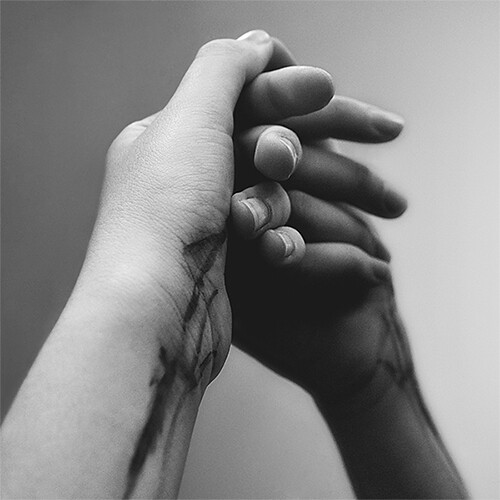Ouroboros
I have become, in these last six months, a twisty little ouroboros. I eat my tail because it’s all I know, and I savor my pain and confusion. I am always full and always empty and a little twitchy from all the coffee. We are one of the few medical schools in the country to push ahead early with in-person rotations during the pandemic.


